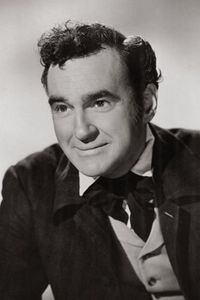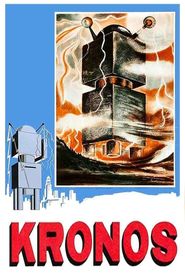John New York-born Morrow, a thespian with a passion for the stage, discovered his interest in theater during his art school studies. As the alias "Irving Morrow", he made his acting debut on stage in Pennsylvania as early as 1927, and went on to tread the boards in numerous plays, including "Penal Law", "Once in a Lifetime", "A Midsummer Night's Dream", "Twelfth Night", "Romeo and Juliet", and "Macbeth". His stage partners included esteemed actors such as Katharine Cornell, Maurice Evans, Katharine Hepburn, Luise Rainer, and the inimitable Mae West.

Jeff Morrow
Deceased · Born: Jan 13, 1907 · Died: Dec 26, 1993












































